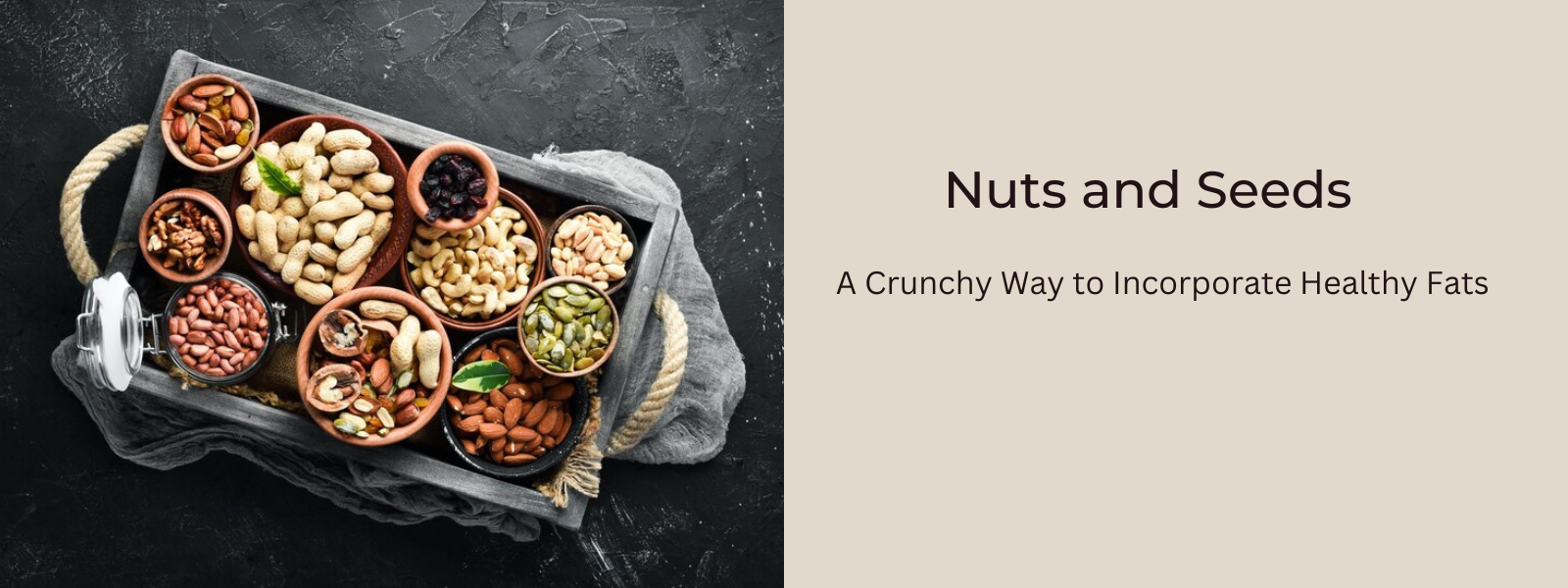Walnuts are edible seeds from the trees of the Juglans genus, most commonly from the species Juglans regia, also known as the English or Persian walnut. These nuts are enclosed in a hard shell and have a distinctive brain-like appearance, which has contributed to their reputation as a food beneficial for brain health. Native to the regions of Central Asia and the Mediterranean, walnuts are now cultivated in many parts of the world, with significant production in countries like the United States, China, and Iran. Walnuts are valued for their rich, slightly bitter flavor and high nutritional content, making them a popular ingredient in a variety of culinary applications.
Table of Contents
What are Walnuts?
Walnuts are the seeds of the walnut tree, known for their wrinkled, lobed appearance and rich, nutty flavor. They are typically sold in their shells or shelled, either raw, roasted, or salted. Walnuts are a versatile ingredient, used in both sweet and savory dishes, and are often enjoyed as a healthy snack. They are highly nutritious, providing a significant amount of healthy fats, protein, vitamins, and minerals.
Walnuts and Antioxidants
Antioxidants are compounds that protect the body from oxidative stress and free radical damage, which can lead to chronic diseases and aging. Walnuts are particularly rich in antioxidants, contributing to their numerous health benefits.
Are Walnuts Rich in Antioxidants?
Yes, walnuts are rich in antioxidants. They contain several potent antioxidant compounds, including:
- Polyphenols: Walnuts are especially high in polyphenolic compounds, such as ellagic acid, which have strong antioxidant properties.
- Vitamin E: Specifically in the form of gamma-tocopherol, a type of vitamin E that has powerful antioxidant effects.
- Melatonin: A compound that not only regulates sleep but also has antioxidant properties.
- Flavonoids: These compounds, found in the walnut’s skin, contribute to its antioxidant activity.
Walnuts Antioxidant Health Benefits
- Heart Health: The antioxidants in walnuts help reduce inflammation and prevent the oxidation of LDL cholesterol, which can lower the risk of heart disease.
- Anti-Cancer Properties: Antioxidants such as ellagic acid and flavonoids in walnuts have been shown to have anti-cancer properties, reducing the risk of certain cancers by protecting cells from damage.
- Brain Health: Walnuts’ antioxidants, along with their omega-3 fatty acids, support brain health by reducing oxidative stress and inflammation, potentially improving cognitive function and reducing the risk of neurodegenerative diseases.
- Anti-Inflammatory Effects: The anti-inflammatory properties of the antioxidants in walnuts help manage and prevent chronic inflammatory conditions such as arthritis.
- Aging and Skin Health: Antioxidants in walnuts help protect the skin from oxidative damage, promoting healthier and more youthful skin.
Are Walnuts Good for Health?
Yes, walnuts are exceptionally good for health. They are nutrient-dense, providing healthy fats, protein, fiber, vitamins, and minerals. The high content of omega-3 fatty acids, particularly alpha-linolenic acid (ALA), supports heart and brain health. Walnuts also contribute to better digestive health due to their fiber content, and they have been linked to improved weight management, blood sugar control, and overall metabolic health.
Are Walnuts the Healthiest Nuts?
While it is challenging to label one type of nut as the absolute healthiest, walnuts are often considered one of the healthiest nuts due to their unique nutritional profile. They are particularly noted for their high omega-3 fatty acid content, which is uncommon among nuts, and their significant antioxidant levels. This combination makes them a standout choice for promoting heart and brain health, among other benefits.
Ways to Use Walnuts
Walnuts are versatile and can be used in numerous ways:
- As a Snack: Enjoy raw or roasted walnuts on their own or mixed with other nuts and dried fruits.
- In Baking: Incorporate walnuts into cookies, cakes, muffins, and bread for added texture and flavor.
- In Salads: Add chopped walnuts to salads for a crunchy, nutritious boost.
- In Cooking: Use walnuts in savory dishes such as stir-fries, grain bowls, and stuffing.
- In Sauces and Dressings: Blend walnuts into pesto, sauces, or dressings for a rich, nutty flavor.
- In Breakfast: Sprinkle walnuts on oatmeal, yogurt, or smoothie bowls for added nutrition.
Popular Walnuts Recipes
- Walnut Pesto: Blend walnuts with basil, garlic, Parmesan cheese, and olive oil for a delicious twist on traditional pesto.
- Banana Walnut Bread: Add chopped walnuts to banana bread batter for extra crunch and flavor.
- Walnut-Crusted Salmon: Coat salmon fillets with a mixture of crushed walnuts, breadcrumbs, and herbs, then bake until golden and crispy.
- Apple Walnut Salad: Combine sliced apples, mixed greens, blue cheese, and walnuts, then toss with a balsamic vinaigrette.
- Candied Walnuts: Coat walnuts in a mixture of sugar, butter, and spices, then bake until caramelized for a sweet treat.
Conclusion
Walnuts are a highly nutritious and versatile nut that offers a range of health benefits, primarily due to their rich antioxidant content. They support heart health, brain function, and overall well-being while adding flavor and texture to a variety of dishes. Whether enjoyed as a snack or incorporated into recipes, walnuts are a valuable addition to a healthy diet. Their unique combination of nutrients and antioxidants makes them one of the healthiest nuts, promoting long-term health and vitality.











Leave a comment